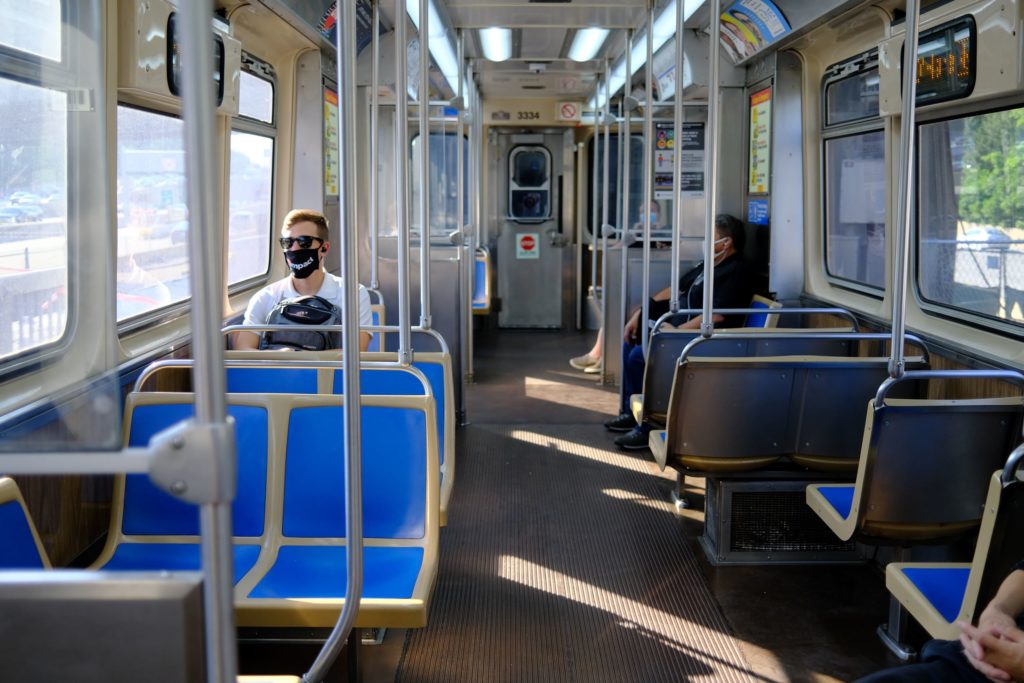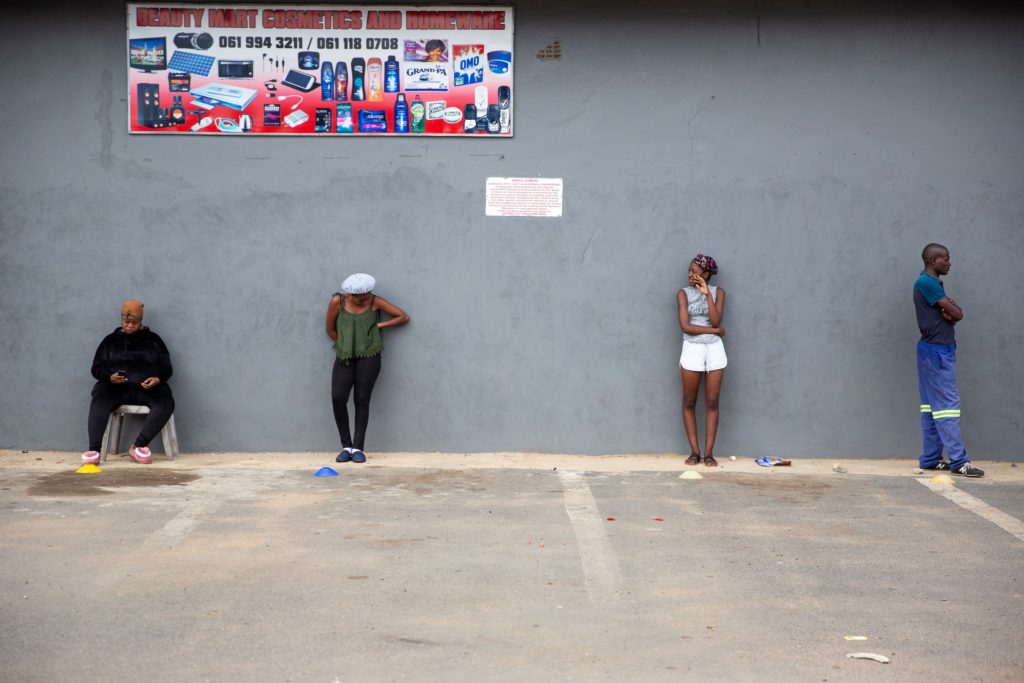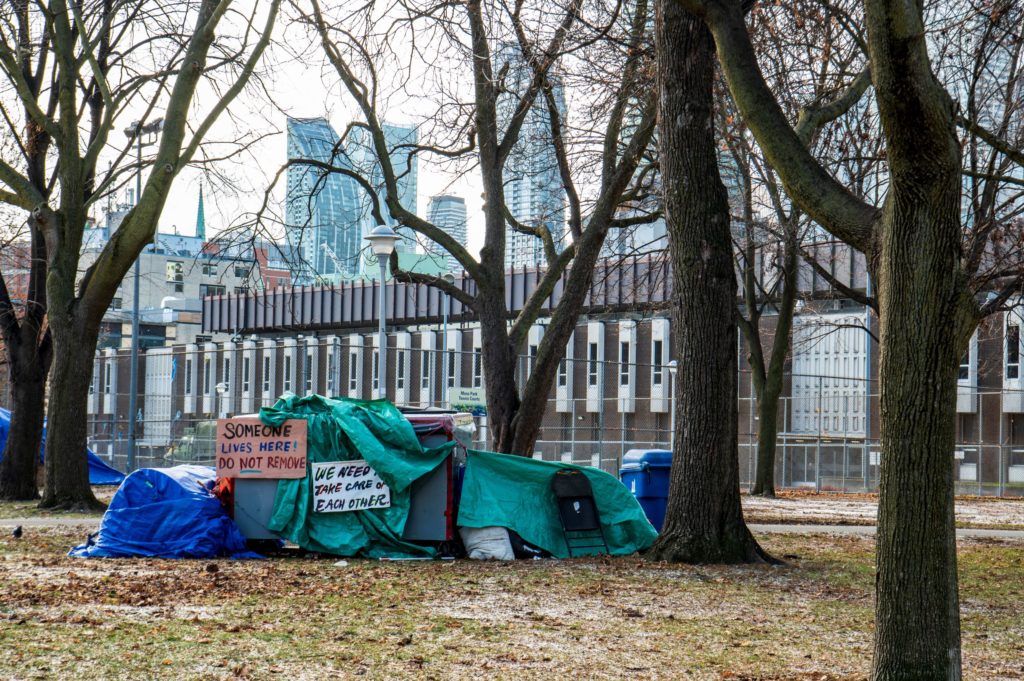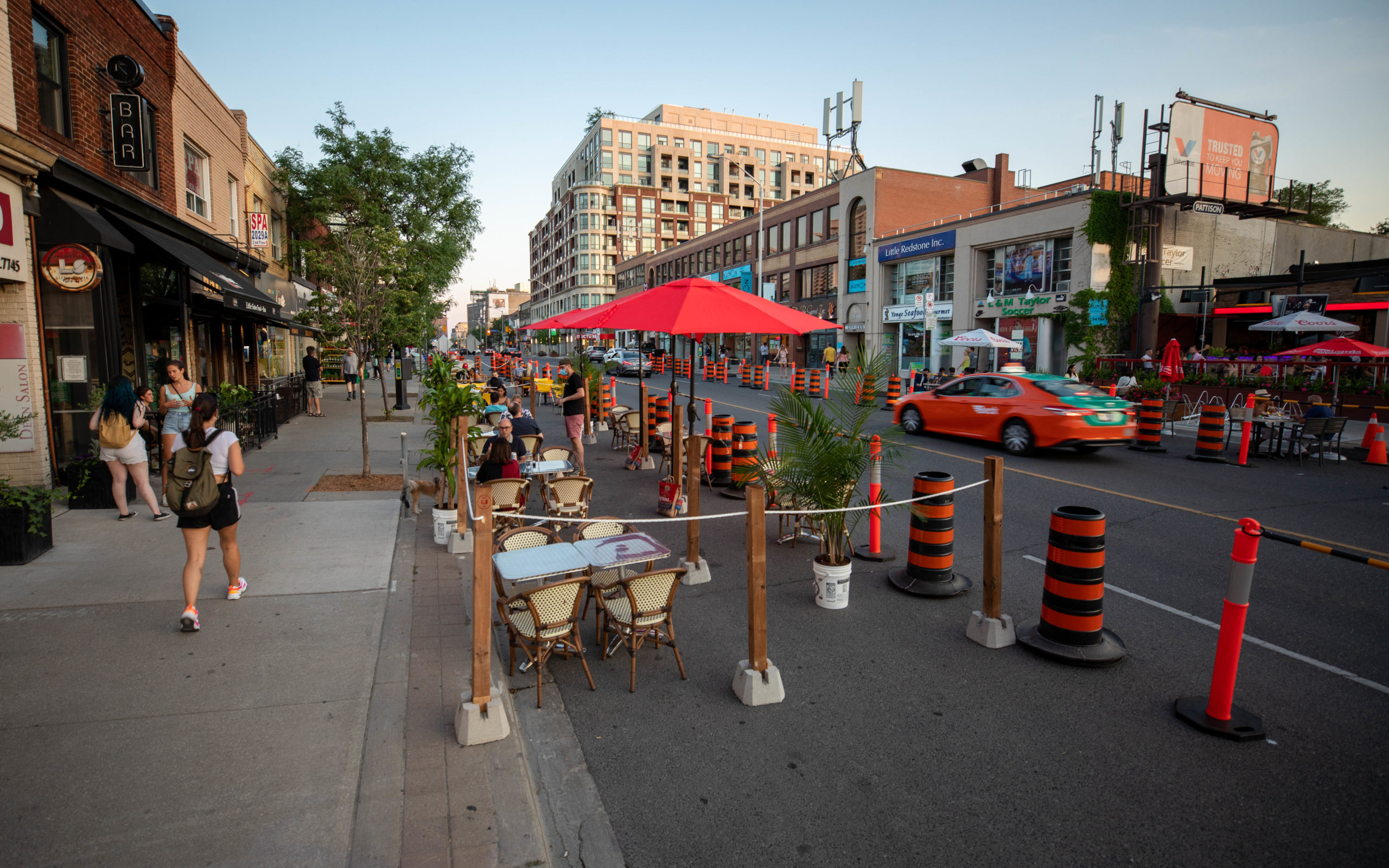Vulnerability and urban governance in Chicago, Toronto, and Johannesburg
This project studies the critical role of municipal institutions and their civil society partners in mobilizing resources to mitigate the impact of COVID-19 and improve health and economic equity in three cities: Chicago, Johannesburg, and Toronto.
By focusing on urban regions, researchers from York University (Canada), Michigan State University (USA), and University of the Witwatersrand (South Africa) aim to shore up a gap in the scholarly literature that has emphasized the actions of global institutions and national governments.
We have two research questions. First, what kinds of social, spatial and institutional issues were revealed and exacerbated by the pandemic in Chicago, Johannesburg and Toronto? Second, what policies and programs have been implemented in these cities by local governments and community organizations to mitigate the effects of the pandemic?
This research project takes a comparative approach to study the urban governance of COVID-19.
The pandemic has affected social and geographical areas and urban sectors differently. This project seeks to understand why cities have responded the ways they have, and how the pandemic has changed existing forms of urban governance. In our study, Chicago and Toronto represent the wealthier cities in the Global North. Johannesburg represents the urban experience in the Global South.
During COVID-19, these three cities launched various programs and projects to deal with the impact of the pandemic, forging new partnerships between grassroots organizations, citizens, and municipal authorities. Through this research, we will generate a database of policies and programs from Chicago, Toronto, and Johannesburg, and offer explanations on the convergence and divergence of their policy choices.

Photo credit: J E Koonce 'Commuting during COVID' (Flickr) 
Photo credit: IMF/James Oatway 'Shoppers queue up outside a shop in Thokoza Township during the COVID-19 pandemic' (Flickr) 
Photo credit: Michael_swan 'Someone Lives Here' (Flickr)
Specifically, we examine how the pandemic altered or exacerbated existing patterns of vulnerability, how municipal institutions and civil society groups have alleviated the devastating consequences of the pandemic, and how their interventions evolve after the acute phase of the pandemic passes.
We use qualitative methods — policy analysis, discourse analysis, and interviews — to examine local policy interventions targeting vulnerable neighborhoods in three sectors: housing, employment, and health. We will document emergency measures from 2020-2021 and new programs enacted in 2022-2023 to safeguard the most vulnerable families from eviction, unemployment, and COVID-19 outbreaks.
Ultimately, The City after COVID-19 project will contribute to the knowledge about pandemics and urban governance by:
- Generating a dataset on policy measures in the three case-study cities to provide the basis for a larger-scale comparison.
- Producing a series of publications and reports on the challenges brought by the COVID-19 pandemic in each case-study city.
- Strengthening existing networks and developing new connections among scholars studying pandemics and cities.
- Training the next generation of scholars in research related to pandemics and urban governance.
This pilot research project will form the basis for the next phase of research on pandemics and urban governance in a more diverse range of cities.
To reach the research team, please send an email to hbirch@yorku.ca and we will try to get back to you as soon as possible.
The City after COVID-19 project is funded by the Urban Studies Foundation Pandemics and Cities grant.
Banner photo credit: Roozbah Rokni 'Street Dining' (Flickr)

